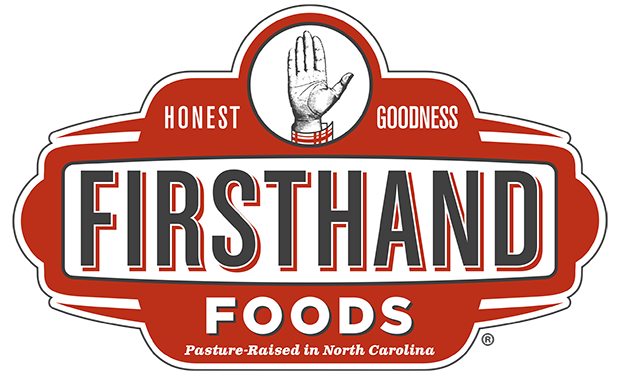We are pleased to see that this year’s World Food Prize (the equivalent of the Nobel Prize for food and agriculture) has gone to soil scientist, Professor Rattan Lal, for his pioneering work developing farming strategies that build rather than deplete soil. Prof. Lal, now head of the Carbon Management and Sequestration Center at Ohio State University, is one of the first scientists to document the benefits of a “soil centric” approach to farming that uses conversation practices (think no-till and cover cropping) to help prevent deforestation, mitigate climate change, and increase biodiversity. It is gratifying to see this prestigious body recognize the importance of soil. Of sustainable agriculture, Prof. Lal says, “My philosophy is that the health of the soil, plants, animals, people and the environment is one indivisible.”
While well deserved, Prof. Lal’s modest $250,000 award provides a sharp contrast to the billions of dollars being poured into the current development of lab-grown meat. Last week we learned that a UK-based company has developed the first-ever cell-cultured pork belly and bacon strips. And KFC is now working with a 3D bioprinting company to create lab-grown chicken nuggets. What? And more importantly, Why?
It hurts the head (and heart) to imagine a world where meat is grown in a lab devoid of any real and meaningful connection to the land and people. Yes, there are many issues with the current large-scale confinement approach to raising most meat animals. But there is tremendous potential in sustainably raising animals with practices that regenerate soil and provide ecological benefits. In fact, Prof. Lal suggests that if we paid farmers $16/acre to raise food sustainably, farmers could provide a host of ecological services, including helping to remove 2-3 tons of carbon dioxide from the atmosphere (that’s 15% of global emissions) – all while making soil healthier.
That’s the kind of win-win-win that the world needs right now. So, let’s ditch the capitalistic greed machine producing 3D chicken nuggets. Instead, it’s time to reconnect with ourselves as human beings who need soil, who need animals, and who together have the capacity to manage food and agricultural systems that are in tune with nature.

